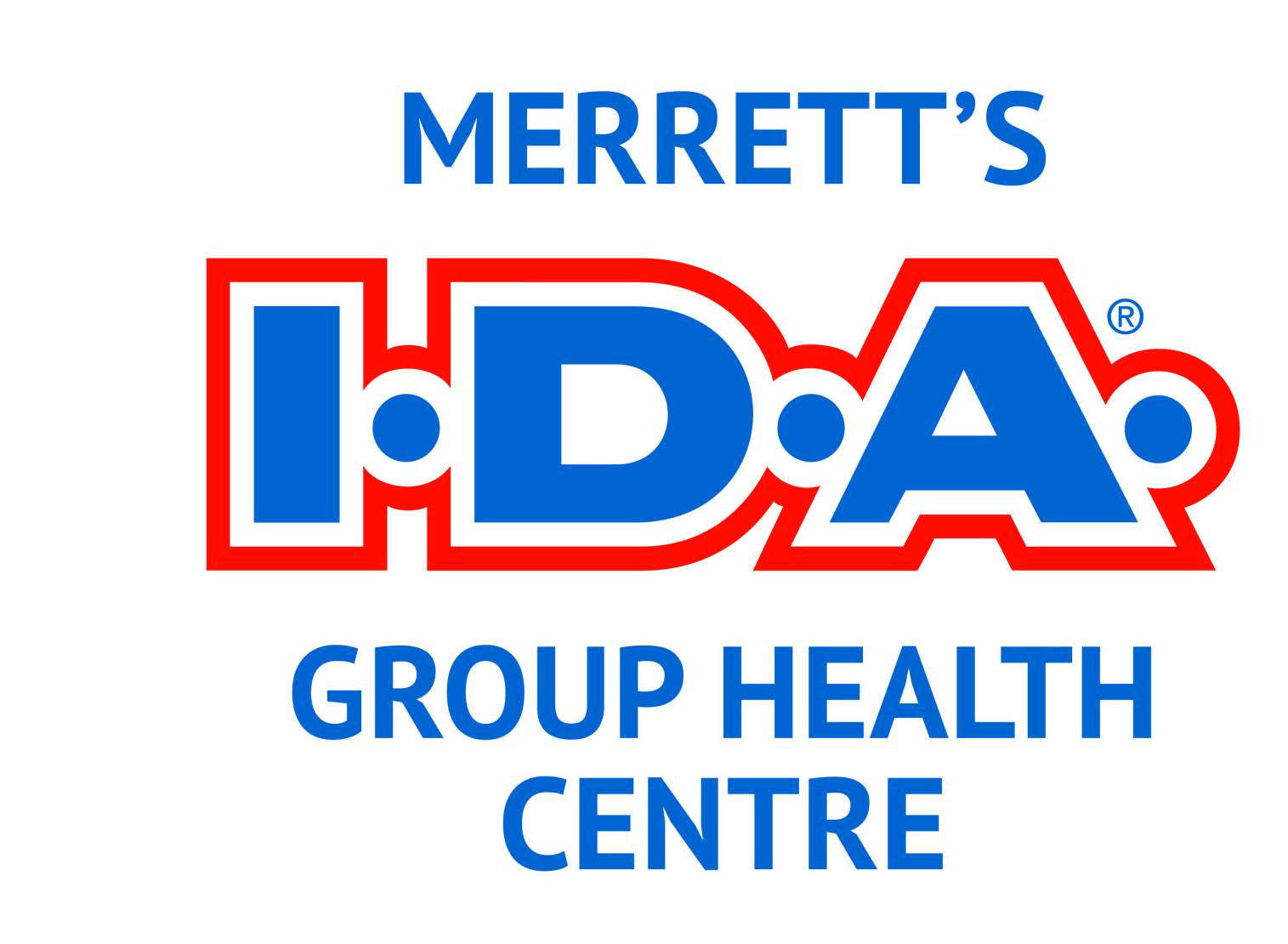Caregivers
TAKING CARE OF OURSELVES SO WE CAN CARE FOR OTHERS
If you are one of the numerous individuals who act as a caregiver, it’s important that you take good care of your own health as well. Your pharmacist can offer advice to help you fulfill your caregiver role without putting your own health at risk.
Taking care of someone who is ill takes a lot of time and energy. People who do so usually do it out of devotion, without considering the impact that this can have on other aspects of their life (family life, relationship with their spouse, work life, etc.).
